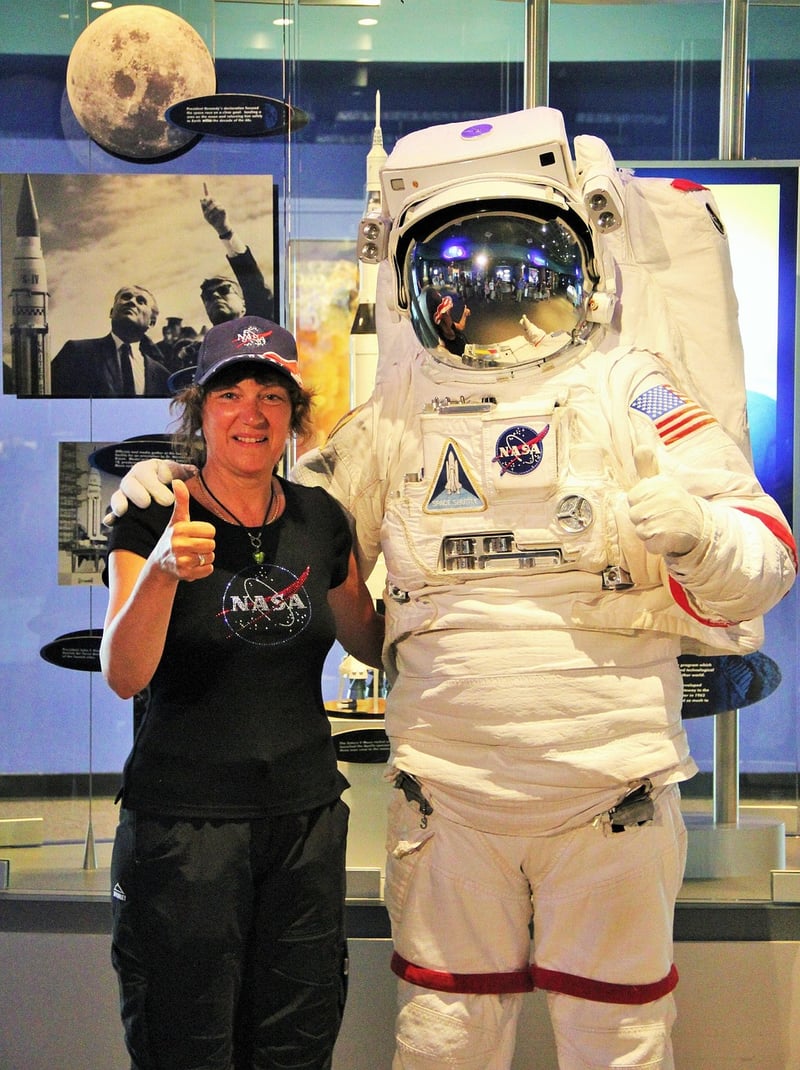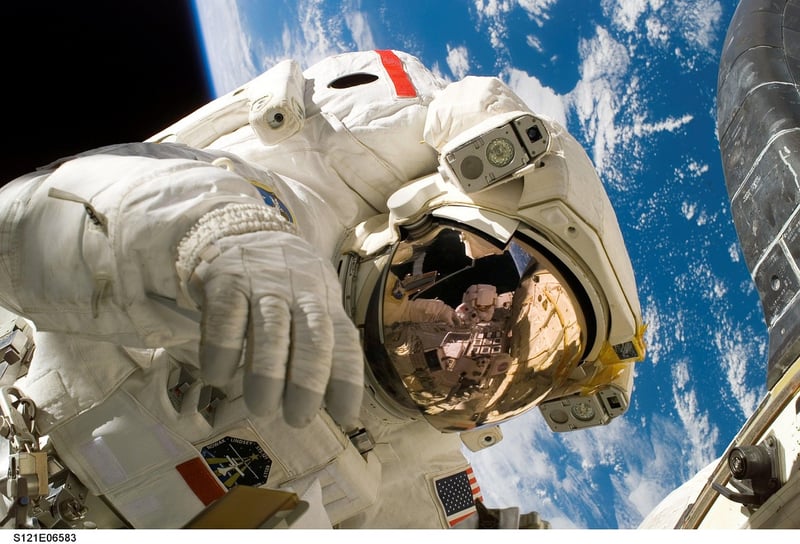Astronaut Health
Living in Space: Astronaut Health Guide
Space exploration has always been a fascinating subject for many, but the challenges astronauts face in maintaining their health while living in space are often overlooked. In this guide, we delve into the essential aspects of astronaut health in space and how they cope with the unique conditions of their environment.
Challenges of Living in Space
Living in space presents a myriad of challenges to astronauts' health due to the microgravity environment, radiation exposure, isolation, and limited access to medical facilities. These factors can impact their physical and mental well-being during extended missions.
Microgravity Effects
One of the primary challenges astronauts face in space is the impact of microgravity on their bodies. Without the force of gravity pulling on their muscles and bones, astronauts can experience muscle atrophy, bone density loss, and cardiovascular deconditioning. To combat these effects, astronauts engage in regular exercise routines using specialized equipment aboard the spacecraft.
Radiation Exposure
Space is filled with radiation from the sun and cosmic rays, which can pose serious health risks to astronauts. Prolonged exposure to radiation can increase the risk of cancer and other health issues. Spacesuits and the spacecraft itself provide some protection, but minimizing exposure and monitoring radiation levels are crucial for astronaut safety.
Maintaining Astronaut Health
Exercise and Fitness
Regular exercise is vital for astronauts to counteract the effects of microgravity on their bodies. On the International Space Station (ISS), astronauts use treadmills, stationary bikes, and resistance exercise devices to maintain muscle strength and cardiovascular health.
Nutrition and Hydration
A balanced diet rich in nutrients is essential for astronauts to stay healthy in space. Specialized space food is carefully prepared to provide the necessary nutrients while being lightweight and easy to store. Hydration is also crucial, and astronauts must drink enough water to prevent dehydration in the dry environment of the spacecraft.
Mental Health and Well-being
Living in a confined space far from Earth can take a toll on astronauts' mental health. To combat feelings of isolation and stress, astronauts receive psychological support from mission control and participate in activities like video calls with family and friends, hobbies, and mindfulness exercises.
Conclusion
Ensuring the health and well-being of astronauts in space is a top priority for space agencies around the world. By understanding the unique challenges of living in space and implementing strategies to maintain physical and mental health, astronauts can continue to explore the cosmos while staying healthy and resilient.

Explore more about astronaut health and space exploration at NASA's Astronaut Health Page.
